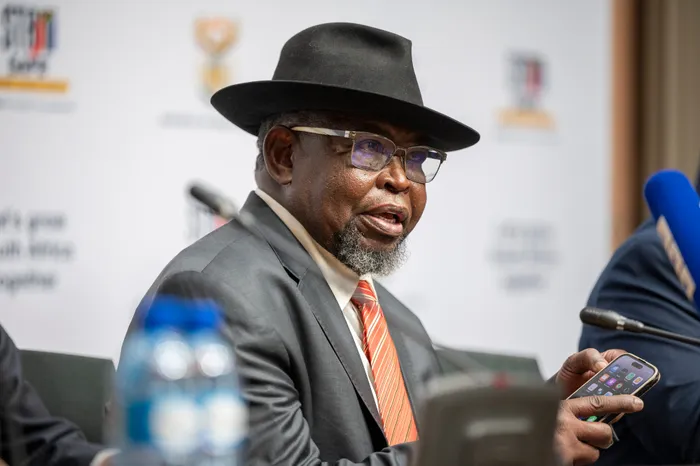South African property sector reacts to National Treasury's VAT hike reversal

National Treasury says the decision to increase value added tax(VAT) by 0.5% in 2025 and in 2026 will be reversed. Armand Hough / Independent Newspapers
Image: Armand Hough / Independent Newspapers
The South African property sector has breathed a sigh of relief as National Treasury has decided to reverse the proposed 0.5% hike in Value Added Tax (VAT), maintaining the current rate at 15%.
This pivotal decision helps avert additional financial strain on consumers in a challenging economic landscape, said Adrian Goslett, CEO of RE/MAX of Southern Africa and chairman of the Real Estate Business Owners of South Africa (REBOSA)
This decision, announced by Finance Minister Enoch Godongwana, reflects extensive consultations and a responsive approach to the concerns raised by various stakeholders in the wake of budgetary discussions earlier this year.
Goslett said the tax increase would have significantly curtailed the positive momentum gained through recent interest rate cuts.
“The 0.5% VAT increase would have had a profound impact on consumer spending. Maintaining the current rate helps preserve affordability in the property market, especially considering that VAT applies to various aspects of property transactions, including new developments, legal fees, agent commissions, and home-related services.”
In an official statement issued on Thursday morning, National Treasury announced that Minister Godongwana would soon table the Rates and Monetary Amounts and the Amendment of Revenue Laws Bill, which will propose the VAT rate to remain at 15% from 1 May 2025. The decision came after careful consideration of parliamentary recommendations and extensive discussions with political parties.
Goslett highlighted that this move underscores a functioning Government of National Unity (GNU), capable of navigating differences to find consensus. He expressed optimism about its potential to boost investor confidence, remarking, “The absence of a VAT hike is a positive development for the real estate sector and the broader economy. I remain positively optimistic for economic growth as a result of this decision.”
Neil Gopal, CEO of the South African Property Owners Association (SAPOA), welcomed the move but cautioned that the government remains entangled in a vicious cycle of increasing public debt and reliance on a dwindling tax base.
He described the current tax model as “unsustainable” and warned that it could exacerbate the ongoing social crisis in the country. “We do however welcome this decision as it, together with rate cuts, will bode well not only for our industry but for various other sectors.”
John Loos, a senior economist for Commercial Property Finance at FNB, noted that while the unchanged VAT rate does not directly affect the property market’s performance, it may signal a shift in fiscal policy outlook.
“It reflects a growing belief in South Africa that tax rates cannot continue to rise indefinitely,” he said. Loos also highlighted that continuous tax hikes risk pressuring the economy to the point where total revenue declines, calling the decision to maintain the VAT rate “a noteworthy indicator for the future.”
However, he cautioned that avoiding a VAT hike marks only partial success in addressing rising tax burdens and pointed out that property-related operating costs, including municipal taxes and utility tariffs, continue to escalate beyond inflation rates in many regions.
“These rising costs are likely to remain a burden for both landlords and tenants,” he said. Nevertheless, Loos maintained a cautious optimism, asserting that this successful resistance to a VAT increase might signal a turning point, with the hope of curtailing other tax hikes in the future. “We’re not quite there yet—but the shift has begun,” he remarked.
Independent Media Property
Related Topics:
